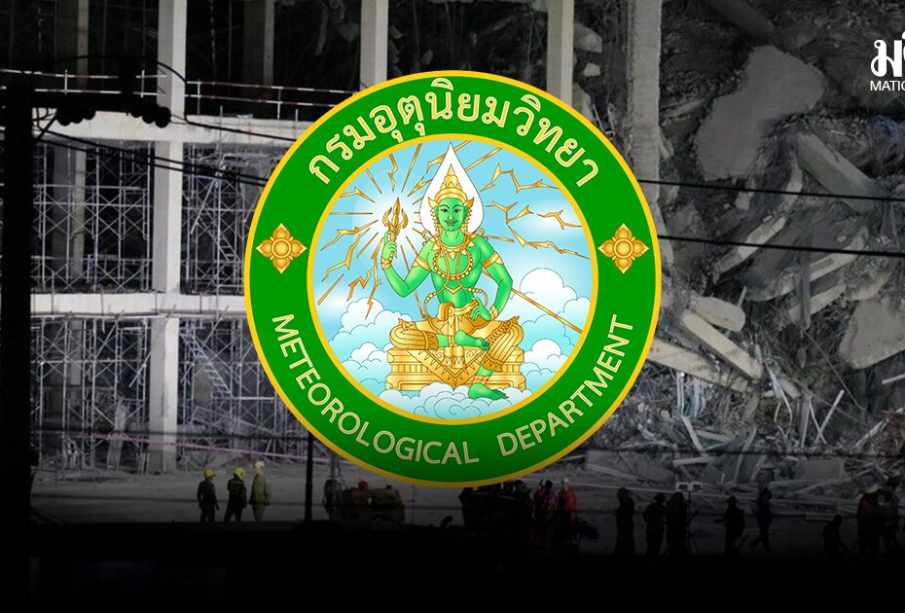The Recent Surge in Earthquake Activity Worldwide

Introduction
Earthquakes are one of nature’s most unpredictable and destructive phenomena, resulting in catastrophic damage to infrastructure, significant loss of life, and long-term economic impact. With recent seismic activities becoming more frequent, understanding their causes and consequences has become increasingly relevant for communities worldwide.
Recent Events
In recent months, numerous regions around the globe have experienced significant earthquakes. For instance, on August 24, 2023, a 6.8 magnitude earthquake struck Morocco, causing widespread devastation in the High Atlas Mountains. Reports indicate that over 2,800 people lost their lives, and thousands more were injured, with entire villages flattened and rescue efforts hindered by damaged roads.
Simultaneously, in the Pacific Ring of Fire, a 7.0-magnitude earthquake hit the coast of Japan on September 12, 2023. This disaster prompted immediate evacuations and triggered a tsunami warning, although the tsunami was later deemed insignificant. Japanese authorities reported minor damages and injuries, thanks to their stringent building codes and preparedness strategies developed over decades.
Impact on Communities
The impact of these earthquakes has extended beyond immediate physical destruction. Economically, affected regions face challenges in rebuilding efforts, with many communities relying heavily on tourism and local industries. The aftermath of the earthquakes often leads to displacement, as families lose their homes and struggle to find shelter and resources.
Moreover, psychological effects on survivors include trauma and anxiety, further complicating recovery efforts. Various humanitarian organisations have mobilised in response to these crises, providing aid and support to the victims, but the long-term recovery process is expected to take years.
Conclusion
As seismic activity remains a significant natural threat, governments and communities must prioritise earthquake preparedness and mitigation strategies. Investing in infrastructure upgrades, conducting regular drills, and raising public awareness can help lessen the devastating impact of future shocks. With climate change potentially influencing geological activity, the recurrence of earthquakes poses a continuous risk, underscoring the need for increased resilience and adaptation measures in vulnerable regions.








